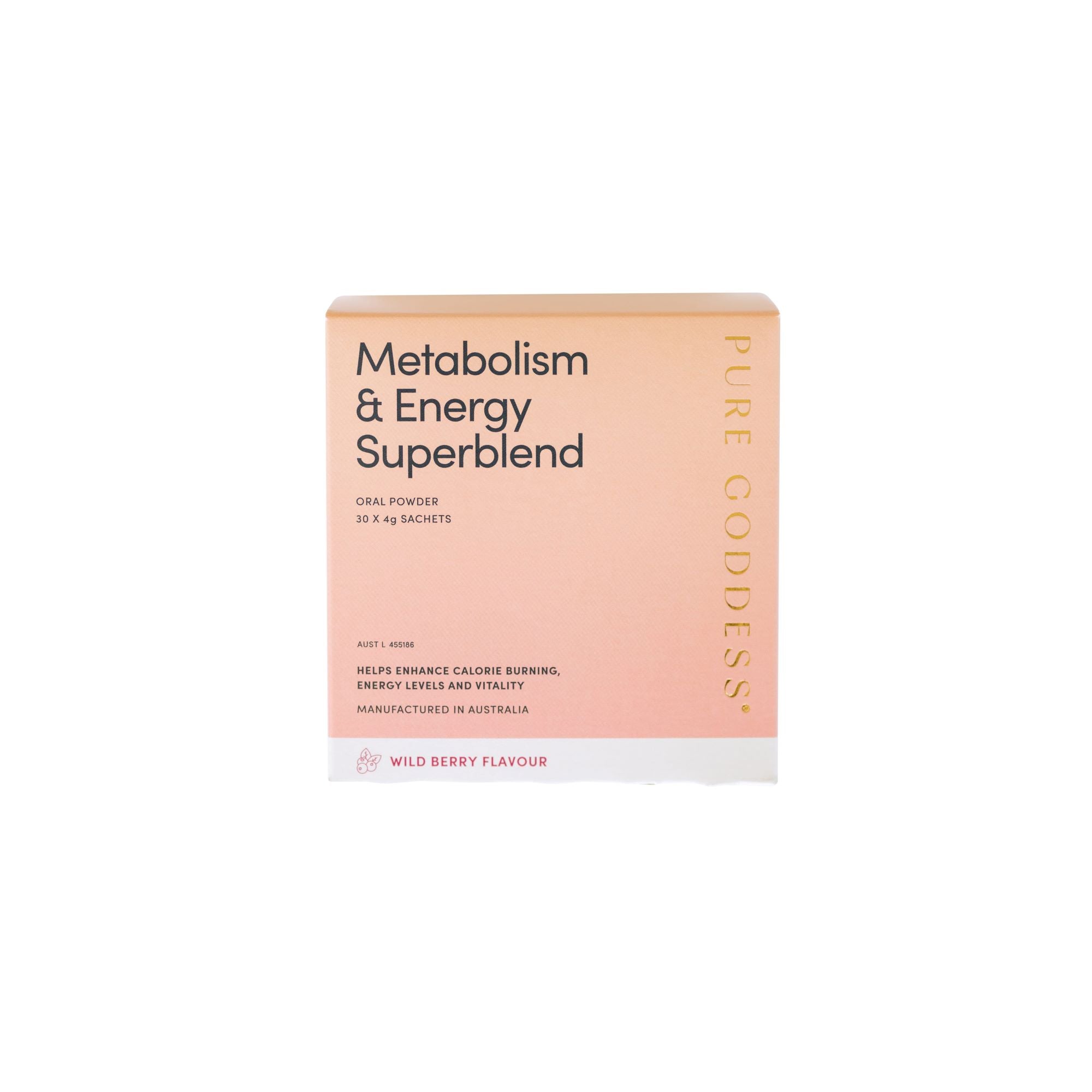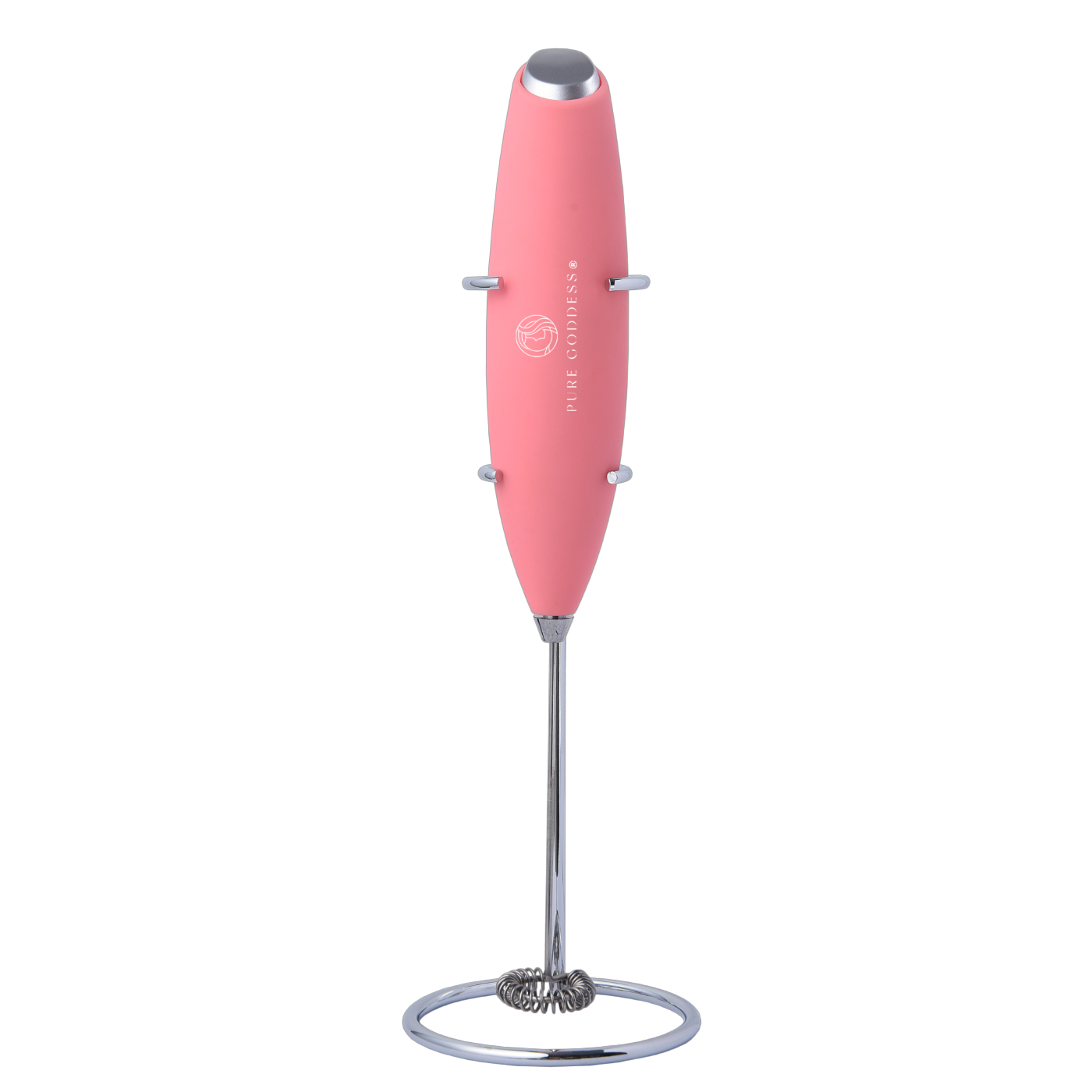
7 Ways To Care For Your Skin Naturally
Caring for your skin naturally not only maintains elasticity and hydration but also ensures a glowing complexion. Discover how a quick and easy skincare ritual can leave your skin soft, clean and plump without consuming precious hours of your day.
Implementing that daily self-care routine is you taking that next step to look after yourself. Making time for yourself is absolutely essential however, it can take years for us to realise this, but when we do, it feels good and we reap the benefits.
As we age our collagen production decreases by around 1-2% per year. This means that by the time we reach our 40s and 50s we may have lost about 10-20% or even more of our collagen compared to when we were younger.
The lack or reduction of collagen in a woman's body can present itself in various ways, affecting multiple aspects of her health and appearance. Collagen plays a vital role in maintaining skin elasticity and hydration, so its deficiency can speed up the aging process, resulting in wrinkles, fine lines, and sagging skin.
In addition to skin issues, lower collagen levels can worsen joint pain and stiffness, hindering mobility and comfort. The risk of weakened bones and fractures also increases, particularly after menopause, when women are already more prone to osteoporosis.
Hair and nails may become brittle and more susceptible to breakage. Collagen is also important for gut health, so its deficiency can lead to digestive problems, including inflammation and increased gut permeability. Addressing collagen deficiency through targeted measures, such as dietary changes and supplementation, is essential for maintaining overall well-being and vitality in women.
Our luminance Collagen Peptides are made from highly bioavailable type I and type III collagen, this means it is easily absorbed by your body to provide you with the maximum benefits of increased collagen production.
Do you know your Skin Type?
Before you start any skincare routine, it's important to understand what skin type you have. This will help you choose the right products and treatments that are best suited for your skin. There are four main skin types: oily, dry, combination, and sensitive. If you're unsure of your skin type, you visit a dermatologist or beauty therapist.
1. Cleansing the Skin
Initiating your daily skincare routine begins with cleansing, an essential step to rid your skin of dirt, oil, and impurities that can clog pores and trigger breakouts. Opt for a gentle cleanser tailored to your skin type.
Begin by splashing your face with warm water, then gently massage the cleanser onto your skin in circular motions using your fingertips.
Start with a cleanser that's gentle and appropriate for your skin type, Coconut oil can be a really good choice as a natural cleanser for the skin.
What Coconut Oil should I use?
Opt for unrefined, virgin coconut oil, as it retains more of its natural properties compared to refined coconut oil. Coconut is a cheap but a really effective option.
Massage the coconut oil into your skin for a couple of minutes, allowing it to break down makeup, dirt, and impurities. The oil will help dissolve excess sebum and impurities without stripping the skin's natural oils.
2. Steam your face
For a deeper cleanse, you can steam your face by placing a warm, damp washcloth over your face for a few minutes. This helps to further open up pores and allows the coconut oil to penetrate deeply into the skin.
Removing the coconut oil - After massaging, use a clean, damp washcloth to gently wipe away the coconut oil and impurities from your skin. Repeat this process until your skin feels clean and refreshed.
Follow Up - Rinse your face with lukewarm water to remove any remaining residue. You can then follow up with your regular skincare routine, such as toning and moisturising.

3. Tone your Skin
This is an optional step but can add further hydration to your skin.
Toning helps to balance the skin's pH levels. It will also remove remaining traces of dirt or oil, whilst preparing the skin for moisturiser.
Choose a toner that's appropriate for your skin type and apply it using a cotton wool pad or your fingertips. Gently sweep the toner over your face and neck, avoiding the eye area.
There are several natural options you can use to tone your face.
Apple Cider Vinegar - Diluted apple cider vinegar is a natural astringent that helps balance the skin's pH, tighten pores, and reduce excess oil. Mix equal parts of apple cider vinegar and water, apply it to a cotton pad, and gently swipe it over your face after cleansing.
Rose Water - Rose water is known for its soothing and hydrating properties. It helps tone the skin, reduce redness, and balance pH levels. You can apply rose water directly to your skin using a cotton pad or spray it onto your face as a refreshing mist.
Witch Hazel - Witch hazel is a natural astringent that tightens pores, reduces inflammation, and helps control oil production. Look for alcohol-free witch hazel products and apply it to your skin using a cotton pad.
Green Tea - Green tea is rich in antioxidants and has anti-inflammatory properties. Brew some green tea, allow it to cool, and apply it to your skin using a cotton pad as a toner.
Aloe Vera - Aloe vera gel is soothing and hydrating, making it an excellent natural toner for sensitive or irritated skin. You can use pure aloe vera gel directly from the plant or choose a commercial aloe vera toner.
Cucumber Water - Cucumber water is refreshing and hydrating, making it an excellent natural toner for all skin types. Simply blend cucumber slices with water, strain the mixture, and apply the liquid to your skin using a cotton pad.
Lemon Juice - Lemon juice contains natural acids that help exfoliate the skin and brighten complexion. Mix freshly squeezed lemon juice with water (dilute it to reduce acidity) and apply it to your skin using a cotton pad.
Honey - Honey has antibacterial and moisturising properties, making it an excellent natural toner for acne-prone or dry skin. Mix raw honey with water and apply it to your skin, leaving it on for a few minutes before rinsing off.
When using natural ingredients as toners, it's essential to patch test them on a small area of your skin first, especially if you have sensitive skin or allergies. Additionally, always follow up with moisturiser and sunscreen after toning to keep your skin hydrated and protected.
4. Apply a Serum
Facial serums are highly concentrated formulas that target specific skin concerns such as wrinkles, dark areas, and dullness. As we age, skin specialists recommend we incorporate using a serum that's appropriate for your skin type. Serum is applied after toning. Use a small amount and gently massage it into your skin.
There are various natural ingredients that you can use to create homemade serums for your skin. Here are some options:
Jojoba Oil Serum
Jojoba oil closely resembles the skin's natural sebum, making it suitable for all skin types. It's hydrating, non-comedogenic, and rich in vitamins and antioxidants. Simply apply a few drops of jojoba oil to your skin after cleansing and toning.
Rosehip Seed Oil Serum
Rosehip seed oil is rich in essential fatty acids, vitamins, and antioxidants, making it beneficial for improving skin texture, reducing scars, and promoting a youthful complexion. Apply a few drops of rosehip seed oil to your skin and gently massage it in.
Argan Oil Serum
Argan oil is moisturising, nourishing, and rich in antioxidants. It helps improve skin elasticity, reduce inflammation, and protect against environmental damage. Apply a few drops of argan oil to your skin and massage it in until absorbed.
Vitamin E Serum
Vitamin E oil is known for its antioxidant properties, which help protect the skin from free radical damage and promote skin healing. You can use pure vitamin E oil or mix it with a carrier oil like jojoba or almond oil before applying it to your skin.
Hyaluronic Acid Serum
Hyaluronic acid is a natural substance found in the skin that helps retain moisture and maintain hydration. You can purchase hyaluronic acid serum or make your own by mixing hyaluronic acid powder with distilled water and applying it to your skin.
Aloe Vera Gel Serum
Aloe vera gel is soothing, hydrating, and anti-inflammatory, making it suitable for all skin types, especially sensitive or irritated skin. You can use pure aloe vera gel directly from the plant or choose a commercial aloe vera gel and apply it to your skin as a serum.

5. Moisturise
Moisturising your skin helps to soften, protect and hydrate whilst preventing dryness. Choose a moisturiser that's appropriate for your skin type and apply it after the serum. Use a small amount and gently massage it into your skin.
Here are some pantry staples that can be utilised as an amazing moisturiser for healthy, hydrated and glowing skin.
Honey
Whether it's traditional or Manuka, stands out as a versatile essential in your kitchen. When it comes to skincare, studies have revealed that raw, organic honey possesses antimicrobial qualities, aids in skin wound healing, and exhibits anti-inflammatory properties.
In recent times, Manuka honey has emerged as a sought-after option for facial cleansing. Just apply it onto damp skin and gently wipe it off with a warm face washer. Additionally, you can indulge in a weekly healing mask by spreading a thin layer on your clean fresh skin, leaving it on for approximately 10 minutes, and then rinsing it off with warm water. It will leave your skin feeling like velvet.
Coconut oil
This is a popular household essential that serves a variety of purposes, from creating natural lip glosses and nourishing hair masks. Packed with fatty acids, this oil boasts amazing antibacterial properties, aids in enhancing natural collagen production for the skin, and contributes to improving moisture levels and skin barrier function. Its lightweight nature is favoured by many women due to its easy absorption compared to other thicker oils.
Avocado and avocado oil
Avocado offers so many amazing benefits for skin care, thanks to the abundant supply of waxes, minerals, proteins, and vitamins that serve as nourishing antioxidants for your skin. Avocado is loaded with beneficial fats and provides natural oils that deeply nourish and hydrate your skin. Additionally, they are rich in antioxidants and vitamins, which can effectively address your issues like redness and inflammation.
Castor oil
Castor oil has gained immense popularity in the last few years for helping us maintain healthy glowing skin. This powerful oil has been around for years however, with its recent thrust into the spotlight has placed it at the top of the skin care 'must haves' list, being hailed the holy grail for skin.
Castor oil has the natural ability to boost and maintain the skin's hydration and also has the ability to boost collagen production. It is an all round powerful antibacterial, antifungal, anti-inflammatory, anti aging, cleanser and scar reducing miracle oil, that is your perfect skin care routine that won't break the bank!
6. Sunscreen
In our current ever-changing climate, sunscreen is essential for protecting your skin from the harmful UV rays of the sun, which can cause premature ageing, dark sunspots, and skin cancer. An SPF of 50 is the australian standard recommended for skin protection.
While there are natural ingredients with some sun protection properties, it's important to note that they typically offer minimal protection compared to commercial sunscreens. Nonetheless, if you're looking for 'additional' protection or a natural alternative, here are a few ingredients commonly found in pantries that may provide some sun protection, all-be-it, very little.
Coconut Oil
A natural SPF (sun protection factor) of around 4 due to its antioxidant properties and ability to block some UV rays. However, it should not be relied upon as the sole form of sun protection.
Shea Butter
Contains natural vitamins and minerals that provide some UV protection. It has an estimated SPF of around 4-6.
Almond Oil
Rich in vitamin E, which has antioxidant properties that may help protect the skin from sun damage. However, its SPF is estimated to be around 5.
When choosing a commercial sunscreen, you should be choosing a product that includes an SPF of 50. This is applied after your moisturiser. Nowadays you can buy SPF spray mists that you spray on top of your finished make up which is just amazing for those days out.

7. Keep it up
Consistency is key when it comes to a skincare routine to see maximum results. Make it a part of your daily routine, like brushing your teeth or washing your face before bed. Starting a daily skin ritual doesn't have to be expensive, complicated, or time-consuming and you will be glowing like a goddess in no time!
Not only can you take natural collagen supplements to help give you that all important skin boost but by taking care of your skin from the inside out will unveil a whole new level of radiance.
Once you have established your new morning skin routine you can take steps to implement this at night. It will leave you feeling like a goddess before you hit the sheets!




Leave a comment
This site is protected by hCaptcha and the hCaptcha Privacy Policy and Terms of Service apply.